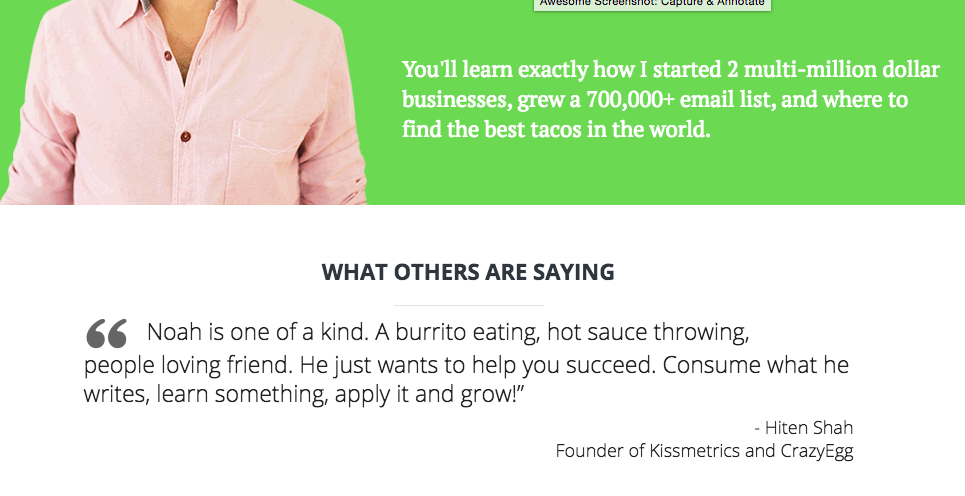Topics:
Marketing StrategySubscribe now and get the latest podcast releases delivered straight to your inbox.
 Cold calls, junk mail, automated messages...
Cold calls, junk mail, automated messages...
It's tough to expect anyone to love, let alone like your marketing efforts if you're approaching them with blind intent.
Aware that real relationships call for both context and a human element, it's important that marketers are finding creative ways to infuse these concepts into their marketing efforts.
However, while we're all vying for the love and attention of our ideal customers, it's not always easily won. Which is why we've come up with three tips to help you start creating more loveable marketing campaigns today.
1. People want to be part of something
What really brings people together?
Social psychologists, McMilan and Chavis, have conducted extensive research around the concept of the psychological sense of community.
According to their definition, "Sense of Community is a feeling that members have of belonging, a feeling that members matter to one another and to the group, and a shared faith that members' needs will be met through their commitment to be together."
Point being, if you want to create influential marketing, consider the way people interact with others.
A company that has successfully leveraged this approach is Wistia. Having created a community that they refer to as a "homebase for collaboritive learning", Wistia is essentially inviting their customers (both existing and potential) to be part of something.
According to their website, their community serves as "a place for video marketers of all stripes to share tips, give feedback, and learn from others."
By encouraging this concept of togetherness, people begin to feel a sense of comradery, which helps them to not only build trust and also foster a sense of brand loyalty.
2. People respond to things that make them feel
Jonah Berger, author of Contagious: Why Things Catch On, conducted a test to confirm his theory that arousal influences information sharing.
The test called upon 93 students who were asked to complete what they were told would be two unrelated studies. First, students were divided and asked to watch video clips that either made them anxious/amused (high arousal emotions) or sad/content (low arousal emotions.)
Next, they viewed a emotionally neutral article and video and were asked about their willingness to share the content with friends and family.
The studies revealed that participants that experience high arousal emotions were more inclined to share than those who experienced low arousal emotions.
Aware that our will to share something is heavily influenced by the emotional persuasiveness, it's important that we're applying this to our marketing efforts.
A great example of a campaign that leveraged emotional material to win the hearts of viewers was Budweiser's Lost Puppy Ad from this year's Super Bowl.
Chronicling the story of a lost puppy that makes his way back to the barn with the help of his Clydesdale buddies, this emotional roller coaster landed Anheuser-Bush their 13th USA TODAY's Ad Meter title in 15 years.
3. People are constantly seeking reassurance
Have you ever wondered why we view celebrities in such a positive light?
Often times, it's a result of the halo effect.
Essentially, the halo effect is a type of cognitive bias that plays an instrumental role in how we perceive people. It suggests that our overall impression of someone ultimately influences how we judge their character.
So think back to the way we view celebrities. They're established, attractive, and often times well-spoken, which leads us to believe that they are smart, trustworthy, and friendly.
When we have a positive impression of someone, we are more inclined to believe what they say and back what they do. This is exactly why many businesses leverage testimonials from industry influencers to positively influence their brand.
A great example of this in action can be found on Noah Kagan's website, OkDork:

To ease their visitor skepticism, Kagan leverages this testimonial from well-known influencer, Hiten Shah.
People have a positive view of the work Hiten Shah as accomplished, therefore it's easy for them to trust his support for Kagan's work as well. So if you're looking to absolve doubt and create marketing that people can get behind, start by mining your network for opportunities like this one.
The less people worry, the more they consume.


Order Your Copy of Marcus Sheridan's New Book — Endless Customers!

